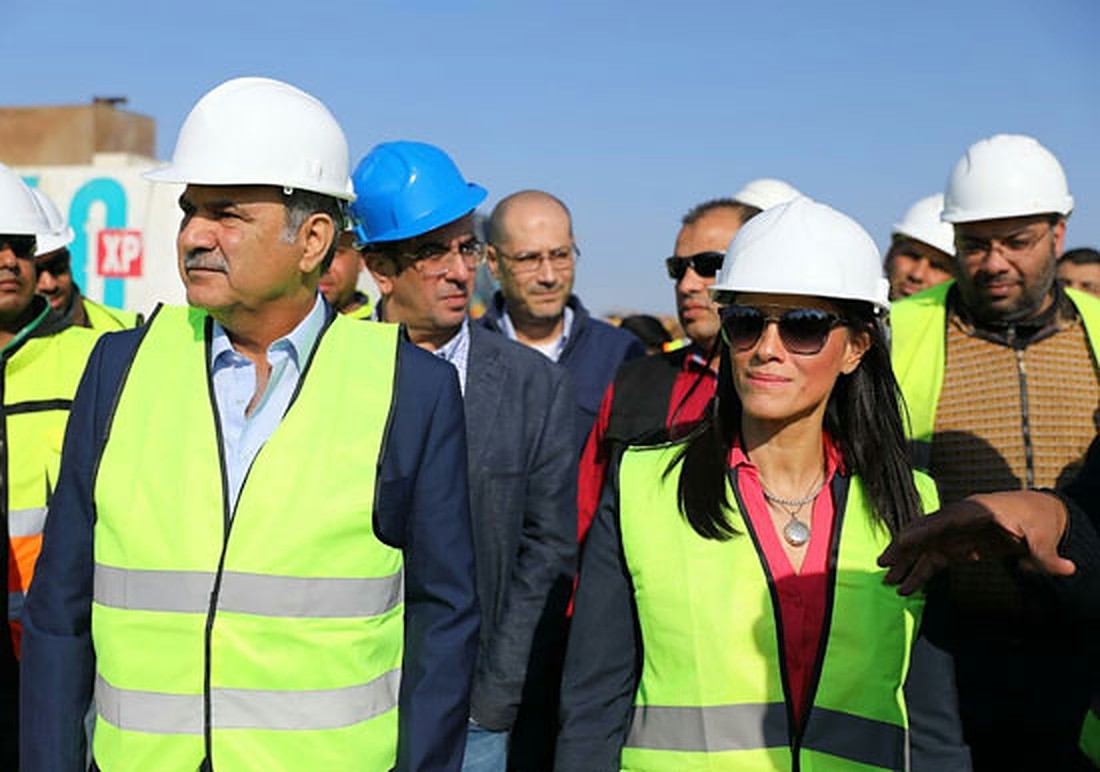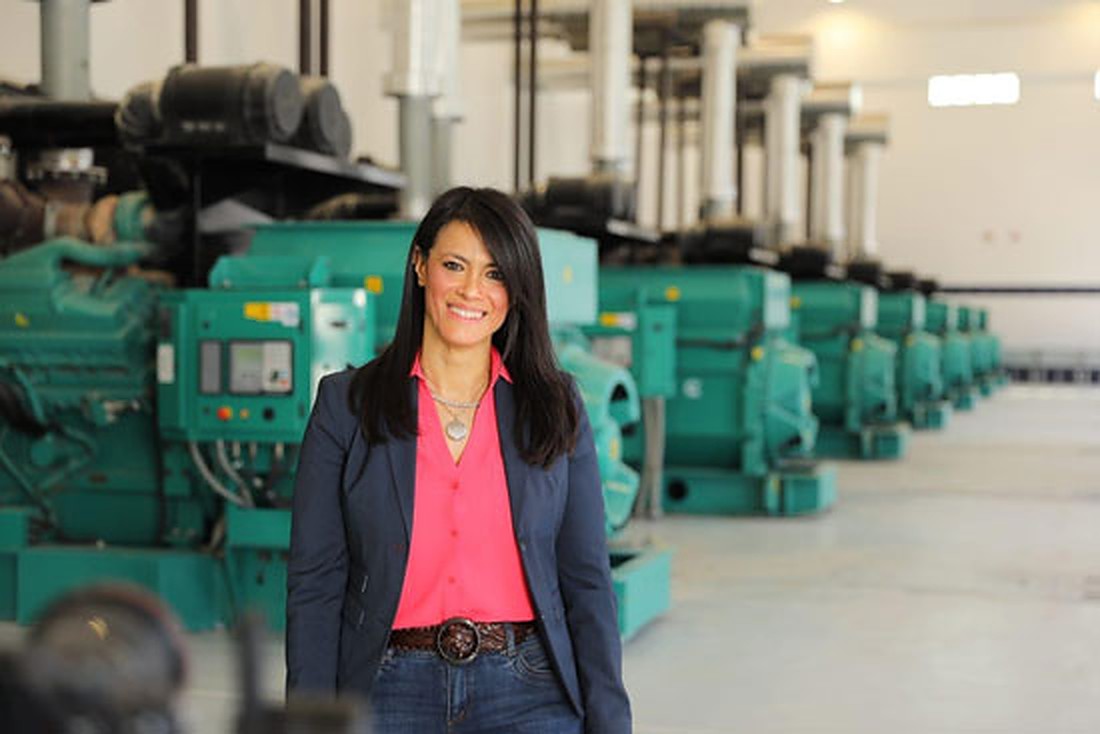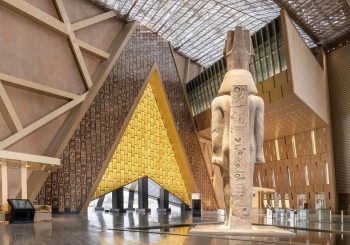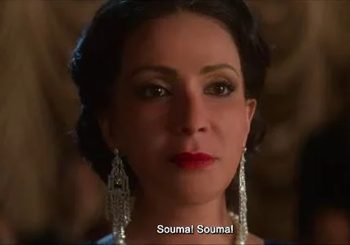The area of Northern Sinai, where 450,000 residents currently live, has largely been overlooked in the development equation compared to big cities, with no drinking water, industrial and commercial activities, or consistent electricity access.
However, this is recently being tackled and prioritized by the Egyptian state through various projects that aim to increase access to drinking water and developing more agricultural communities.
This also comes in conjunction with the Renaissance Dam crisis between Egypt and Ethiopia, which threatens to reduce Egypt’s scarce water supplies and its share of the Nile waters.
Dr Rania Al Mashat, Minister of International Cooperation, accompanied the Kuwaiti Fund for Arab Economic Development on Monday in field visits to the developmental projects currently taking place in North Sinai, which include the water desalination plant for eastern Port Said as well as the Bahr Al Baqar water drainage system.
The two partners emphasized the significance of achieving sustainability and environmental protection, as the desalination plant came to meet the increasing demand for drinking water for the commercial and industrial activities in the city, with a production capacity of 150,000 cubic meter and can be increased to 250,000 cubic meter a day.
The Bahr Al-Baqar drainage water drainage system is also consistent with the sustainable development goals, mainly providing clean water, building sustainable cities and communities, the protection of marine and coastal ecosystems in a sustainable manner against pollution and creating fruitful partnerships and cooperation at the international level.
It has a capacity of 5 million cubic meter a day and can reclaim 400 thousand acres of the Sinai Peninsula, and also aims to preserve the environment by protecting its lake and reducing water losses for agricultural development.
“We all know that with the existence of agricultural activity comes with it the human element of labor through farmers and the development of communities,” Rania Al Mashat told Egyptian Streets, “this will make a great impact in the agricultural development in North Sinai, as we are talking about 400,000 feddans and 100,000 job opportunities that can help sustain families.”

Al Mashat also stressed on the Ministry of International Cooperation’s vision, which is to strengthen Egypt’s inclusive and multilateral engagement with development partners, global policy makers, the private sector and civil society to deliver the 2030 National Agenda and the UN Sustainable Development Goals.
For his part, Dr. Mohamed Sadeqi, engineering advisor of The Kuwaiti Fund for Arab Economic Development praised the role of the Ministry of International Cooperation in following up with the developmental projects and in achieving environmental protection and sustainability with a comprehensive outlook to develop the region.
“This is one of the biggest water treatment projects in the world, and we are very happy that on top of allowing farmers and workers to gain access to drinking water, it will also help protect the environment and achieve sustainability, which is currently very important in all developmental projects,” Dr. Mohamed Sadeqi noted.


Egypt has been cooperating with various partners to develop the region of North Sinai since 1998, most recently last January with a bilateral assistance agreement signed through the US Agency for International Development (USAID) worth $6 million to provide educational opportunities and improve the livelihoods of the people of North Sinai.
In late 2019, the Egyptian government announced the launching of agricultural and residential development units in the Sinai Peninsula, which reflects the Egyptian government’s desire to encourage investment in Sinai and to respond to the demands of the Sinai citizens.






Comments (2)
[…] current efforts to put integrated sustainability at the heart of developmental projects should not be overlooked, which target the development of […]
[…] current efforts to put integrated sustainability at the heart of developmental projects should not be overlooked, which target the development of […]